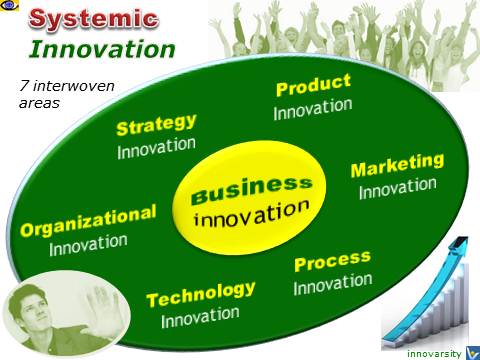| |
Firms which are successful in
realizing the full returns from their technologies and innovations are able
to match their technological developments with complementary expertise in
other areas of their business, such as manufacturing, distribution, human
resources,
marketing, and customer relationships.
|
|
 |